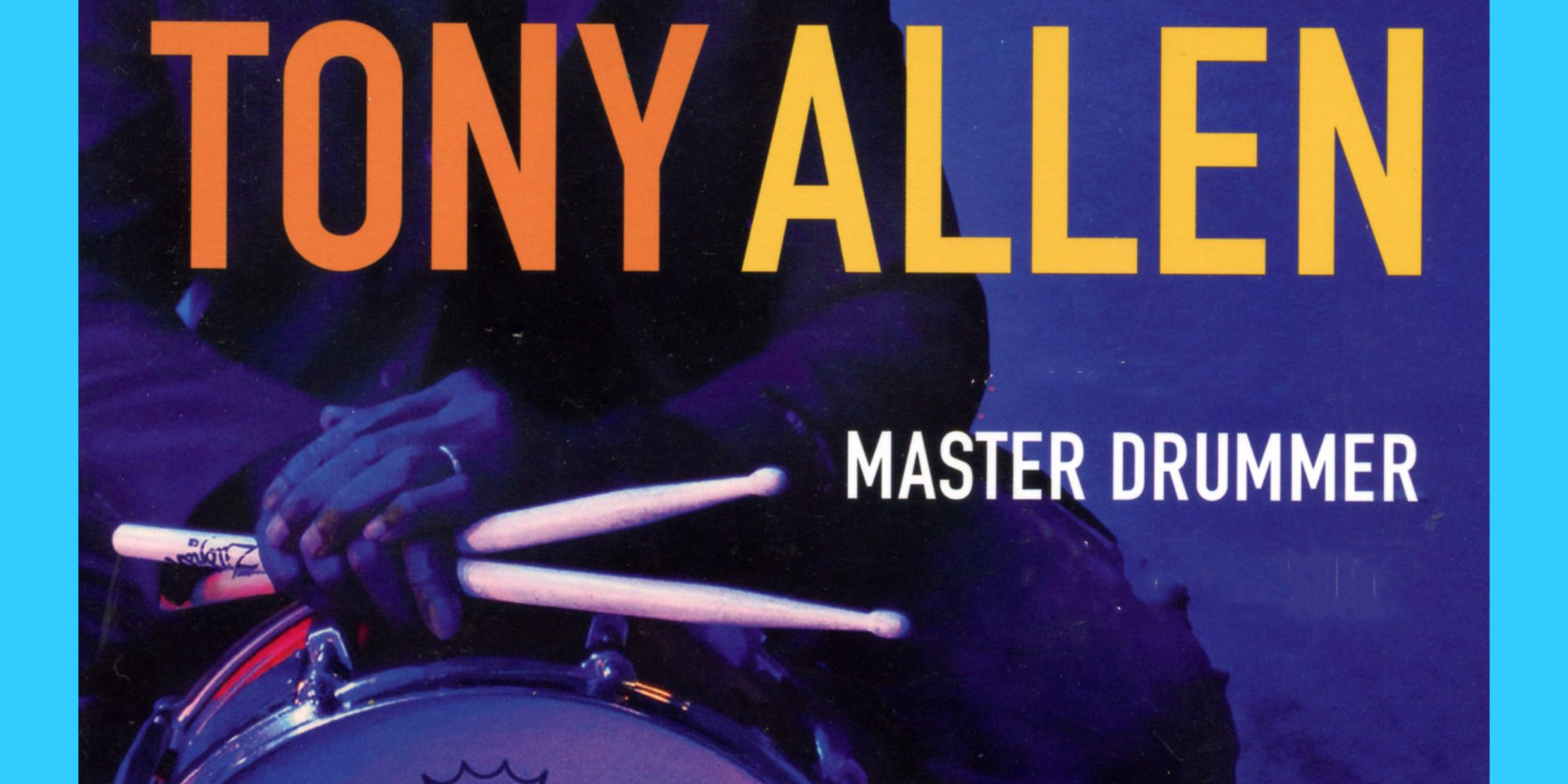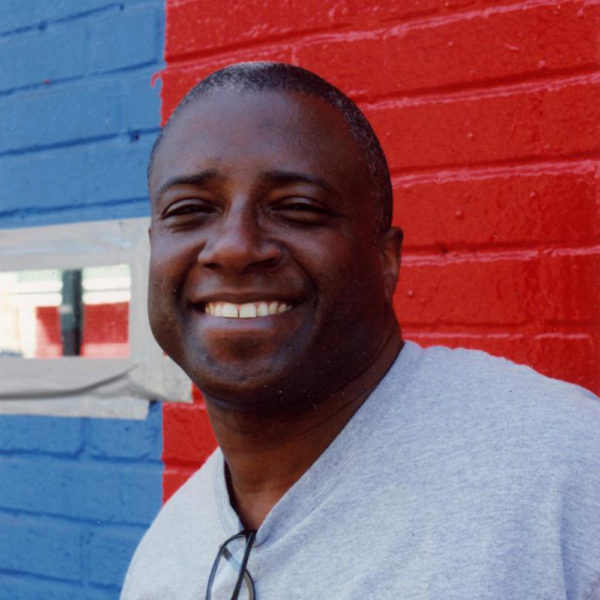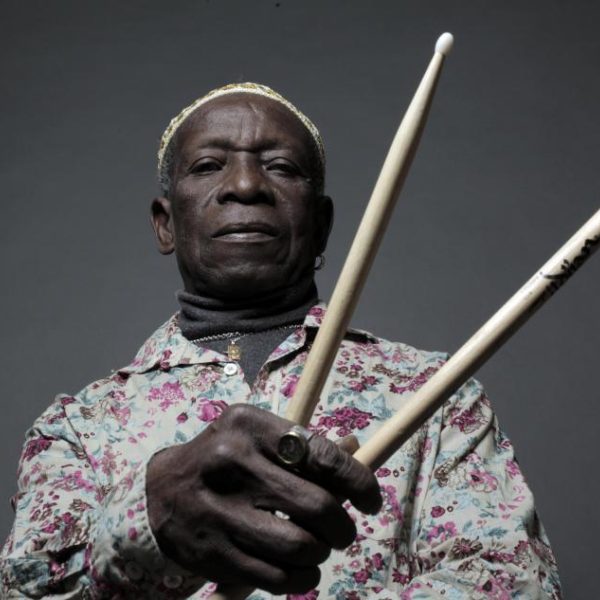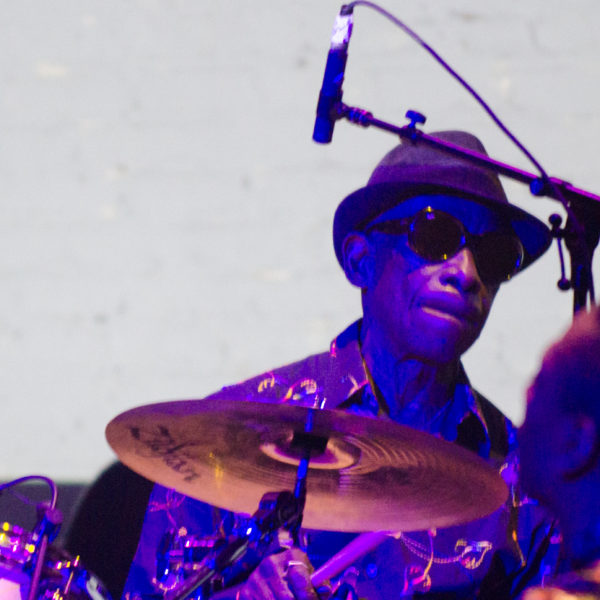Afropop Classic November 24, 2023
African Legends: Remembering Tony Allen
Afropop recalls the life and work of Tony Allen with author Michael Veal.
Tony Allen is among the greatest drummers of the past century. His sudden death at 79 in April, 2020, was a shock felt around the world. In addition to his seminal work with the king of Afrobeat Fela Kuti, Allen had a prolific solo career and performed and recorded with artists from Angelique Kidjo, Ray Lema, Ernest Ranglin and Oumou Sangare to Damon Albarn, Brian Eno and Jeff Mills. In this program we salute a towering career in global music, with insights from Michael Veal, co-author of Tony Allen: An Autobiography of the Master Drummer of Afrobeat. Produced by Banning Eyre.
Originally aired June 25, 2020.














